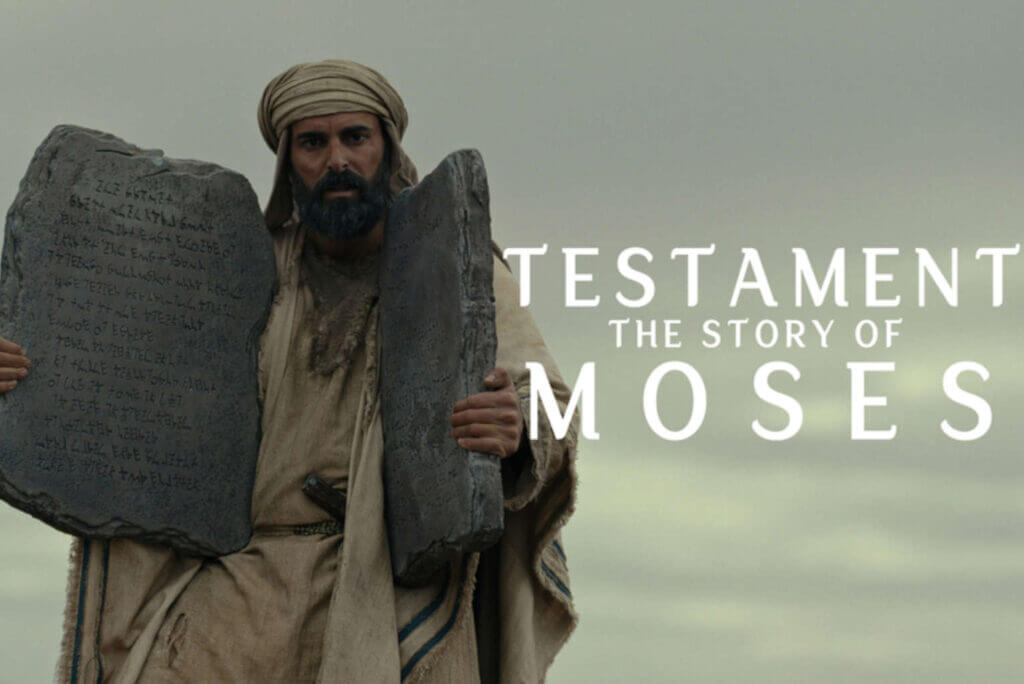Author Annie Dillard once said, “Does anyone have the foggiest idea what sort of power we so blithely invoke? Or, as I suspect, does no one believe a word of it? … It is madness to wear ladies’ straw hats and velvet hats to church; we should all be wearing crash helmets. Ushers should issue life preservers and signal flares; they should lash us to our pews.”
May 28 is Pentecost Sunday. Wear your bike helmet to church. There’s ecstasy ahead.
But that’s only half the story. Something else happened on that first Pentecost. Something just as important, maybe even more momentous, than the fire of ecstasy.
The Power of Thoughtfulness
There’s deep thoughtfulness, too, in that first Pentecost. The single word, “other” tells us this. Rather than saying Jesus’ followers “spoke in tongues,” Luke says instead that they “spoke in other tongues,” other dialects, which an audience, gathered from the corners of the Roman Empire, understood, even though the speakers were unlettered Galileans.
And those tongues had content: the praiseworthy acts of God. The amazing ability of the onlookers to hear God’s praiseworthy acts in the languages of their hometowns tells us something about the purpose of Pentecost.
“Praiseworthy acts” is a shorthand expression for God’s powerful acts in Israel’s history. This is the phrase used in Deuteronomy 11:2-5 and Psalm 105:1-2 to describe God’s acts throughout history. The purpose of Pentecost, in short, is praise!
You can see the intelligence of Jesus’ followers at Pentecost especially in the Greek verb describing the disciples’ speech—apophthengesthai, translated poorly in Acts 2:4 as “gave them ability” (NRSV) or “enabled” (NIV) or “gave them utterance” (ESV). In the book of Acts, this word means much more than these translations suggest.
A few short lines later, Peter will stand up and deliver an inspired sermon that brings thousands to repentance. In this grand speech, introduced by the same verb, apophthengesthai (Acts 2:14), Peter explains Pentecost by stitching together passages of Scripture—all of them providing certainty “that God has made Him both Lord and Messiah, this Jesus whom you crucified” (Acts 2:36).
This verb, apophthengesthai, occurs a third time in Acts when Paul languishes in prison, anxious to appear before the Roman governor. While making his case, Paul is accused, “You are out of your mind, Paul! Too much learning is driving you insane!”
Paul responds, “I am not out of my mind, most excellent Festus, but I am speaking the sober truth” (Acts 26:24-25). The verb Paul uses to underscore the truth of his claims, “speaking the sober truth,” is apophthengesthai. Of all the words Luke might have chosen to express Paul’s sanity, of all the ways in which Luke might have contrasted madness with mental composure, he chooses to contrast, in the clearest of terms, two expressions: “I am not mad” and “I utter [apophthengesthai] true and sober words.” The verb earlier used of the Pentecostal believers (Acts 2:4) and Peter the preacher (Acts 2:14) occurs here to communicate complete and utter sanity (Acts 26:25).
If there is a verb in Acts that expresses thoughtfulness, it is this verb, apophthengesthai, which, in the context of the Pentecost story blunts the hard edge of ecstasy. In a dazzling world of disarray overflowing with violent winds, Spirit-filling, tongues of fire and the appearance of drunkenness, there occurs a trustworthy utterance of Scripture.
These believers are not mad or drunk. Their message, like Peter’s at Pentecost and Paul’s later, contains a fresh—I would say inspired—interpretation of Scripture that is, through and through, the essence of sobriety and truth.
The Promise of Pentecost
The world Luke crafts in the book of Acts is extraordinary, full of signs above and wonders below (Acts 2:19). It’s a world in which Peter, while standing at the door, is mistaken for an angel (Acts 12:12-17), a world in which even evil spirits do the divine bidding by chasing evil men away naked (Acts 19:11-20). It’s an extraordinary world. Yet it’s also a world where the Holy Spirit inspires understanding, where mystery is the catalyst for comprehensibility. It’s a world where inspired speech is not haphazard or harried or hurried but a proclamation of the praiseworthy acts of God.
Pentecost captures that world, with the splendor of ecstasy—Spirit, fire and apparent drunkenness—and the equal splendor of inspired intelligence. It’s a pity that Christians tend to line up on one side or the other, according to whether they seek the ecstatic impulse or a world without it. The story of that first Pentecost has more depth than either ecstasy or intelligence alone can give. The early believers, in fact, straddled both worlds. Today, too, the Holy Spirit combines both in order to create one magnificent experience out of the two.
This is the promise of Pentecost for us—a Christian, a Christianity, that embraces both and, in the alchemy of inspiration, is rich with praise. That indeed is the promise of Pentecost. {eoa}
Jack Levison, a professor at Southern Methodist University, is an internationally acclaimed scholar and expert on the Holy Spirit. He is the author of “Seven Secrets of the Sprit-filled Life.”
See an error in this article?
To contact us or to submit an article






















